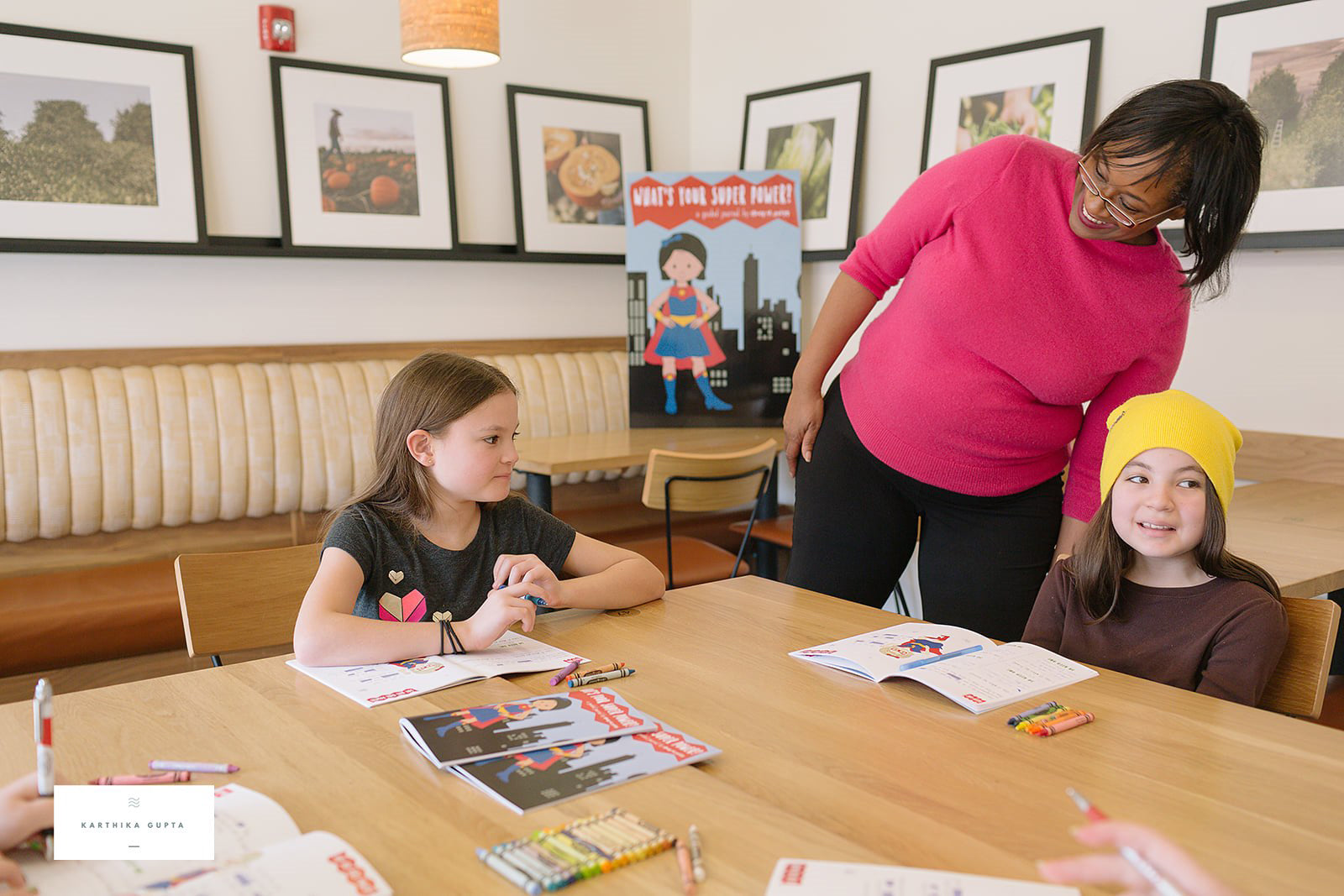
Confidence plays a huge role in a student's future well-being and success now and as they mature into adulthood. When kids believe in themselves, they are better equipped to handle social pressure, negativity, academic challenges, responsibilities, and frustrations.
I offer guided journals, workshops, and curricula that are designed to boost kids' belief-in-self and confidence. But, do you know what's equally important? The support and involvement of parents, grandparents, and caregivers.
Here are 12 research-backed strategies you can use at home to help your students develop and sustain their confidence. These simple steps can make a big difference in their lives.
1. Show Unconditional Love
Unconditional love is the cornerstone of healthy self-esteem. Let your student know that you love them, no matter what. Express your affection through words and actions regularly. When students feel loved and accepted, they are more likely to develop a positive self-image. For example, make it a habit to tell your student that you love them no matter what, and offer specific praise, such as "I love you for the kind heart you have" or "I'm proud of how hard you're working in school."
2. Encourage Independence
Give your students opportunities to make age-appropriate choices, decisions, and tasks. This promotes independence and a sense of competence. Whether it's selecting their clothes or deciding on a weekend activity, allowing them to take control boosts their self-esteem.
3. Celebrate Achievements, Big and Small
Whether it's acing a test or just finishing a puzzle, celebrate their accomplishments. It's like giving them a standing ovation. Show them that their efforts matter, no matter how small. And hey, maybe surprise them with their favorite dinner as a victory feast!
4. Teach Self-Compassion
Help your student understand that making mistakes is a natural part of life. Encourage self-compassion by teaching them to treat themselves with kindness and understanding when they falter. This will help them bounce back from slip-ups with even more strength. When your student makes a mistake or faces a challenge, talk openly about your own past mistakes and what you learned from them. Encourage them to treat themselves with kindness in similar situations.
5. Be a Role Model
Kids learn by example. If here is an inconsistency between your actions and words, kids are more likely to do what your do, than do what you say. Show them how to respect themselves, have compassion, and be confident. When they see you valuing yourself, they'll follow suit and learn to value themselves too. For example, demonstrate self-respect by setting aside time for self-care activities, like exercise or reading, and explain to your student why these activities are important for your well-being.
6. Celebrate Effort
Recognize and celebrate the effort your student puts into their endeavors. Whether they succeed or encounter obstacles, acknowledging their hard work and determination instills a strong sense of accomplishment. For example, when your student faces a tough task or challenging homework, praise their hard work and dedication. Say something like, "I can see how much effort you're putting into this, and that's what really matters." This celebration of effort reinforces their belief in their abilities and fosters confidence in their capabilities.
7. Help Them Overcome Fear of Failure
Failure is a part of life. It is unavoidable. Encourage your student to face their fears and take courageous steps outside of their comfort zone—always keeping safety in mind. Growth happens and individual success happens outside of one’s comfort zone. It’s OK to be afraid. It’s important to take brave actions and act despite being afraid. Share your own experiences of setbacks and how you learned from them. This illustrates that mistakes are valuable lessons, not roadblocks.
8. Encourage Them to Try New Things
New experiences are like adventures waiting to happen! Encourage your student to explore uncharted territory. Whether it's a new hobby, a different club, or trying out for a team, embracing the unknown builds adaptability and confidence. Suggest trying something new together!
9. Encourage Them to Volunteer
Empower your student to make a positive impact in their community. Volunteering offers a unique opportunity to cultivate compassion and achieve meaningful goals. By participating in volunteer activities, they can find a sense of purpose and accomplishment, contributing to their growing confidence. Involve your student in selecting a local charity or cause they're passionate about, and volunteer together as a family. Discuss the positive impact of their actions.
10. Embrace Imperfection
Teach your student that perfection is not the goal. Embracing imperfections and mistakes as part of the learning process can be liberating. Encourage them to accept themselves, flaws and all, and let them know that it's entirely normal to make errors. When your student makes a mistake, remind them that it's normal and that everyone, including you, makes errors. Share a personal story of when you made a mistake and what you learned from it. This acceptance fosters a healthy self-image and bolsters their self-esteem.
In nurturing your student's self-esteem and confidence, remember that the journey is a collaborative effort. By applying these ten strategies, you can create an environment where they not only feel loved but also equipped to embrace challenges, value themselves, and grow into resilient, confident individuals. Here's to their bright future!
〰️〰️〰️〰️
Stacey Montgomery
Founder, Stacey M Design, Inc.





Leave a Comment